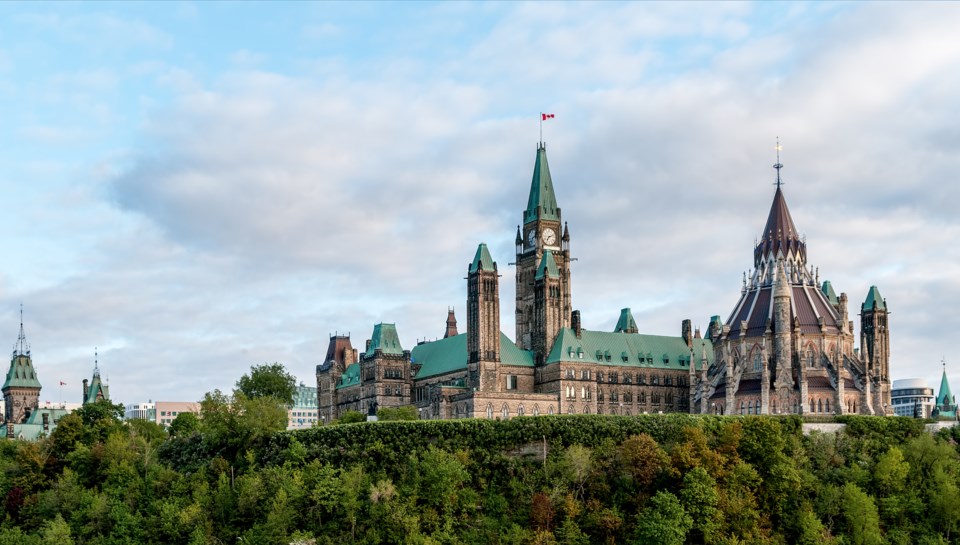As governments across the country allocate time and resources to “bend the curve” of the COVID-19 pandemic, as B.C. Premier John Horgan puts it, other government initiatives and policies have been triaged or placed on pause.
Just over a month ago, commutes and cargo shipments across the country were being disrupted by protests in support of hereditary Wet’suwet’en chiefs and against the construction of the Coastal GasLink pipeline.
The proposed rights and title agreement between hereditary chiefs and federal and provincial governments is one example of a national issue now on hold due to COVID-19.
At press time, there were 17 bills awaiting a second reading in Canada’s senate. Another seven bills were awaiting a second reading in the House of Commons. One government bill – an act to amend the Judges Act and the Criminal Code – was awaiting consideration by the Standing Committee on Justice and Human Rights.
Save for COVID-19-related decisions and emergency measures, Parliament shut down for five weeks as of mid-March. This week is the fourth of those five weeks, and it remains unclear whether the shutdown will be extended.
That disruption has notably delayed the federal budget, which was scheduled to be released last week. No new date for its release has been announced.
The implementation of the United Nations Declaration on the Rights of Indigenous Peoples – which Prime Minister Justin Trudeau promised to legislate in an election held less than six months ago – is another outstanding national issue that has been swept from headlines and replaced with the coronavirus crisis.
Other Liberal election promises that would have perhaps been addressed in the 2020 budget include universal pharmacare, the elimination of all long-term drinking water advisories on Indigenous reserves by 2021 and developing a plan to achieve net-zero emissions by 2050 with legally binding five-year milestones.
On the emissions front, the Province of Saskatchewan’s constitutional challenge of the federal government’s national carbon tax has been delayed as courts across the country drastically reduce their operations.
“Just as quickly as this hit us, the transition period is going to hit,” said Carlo Dade, director of the Canada West Foundation’s trade and investment centre.
Canada will need money to pay for what is being spent now, to keep Canadians’ heads above water, to restart the economy after COVID-19 is contained, he said. And for a trading nation such as Canada, that money will come from exports.
“The thinking about how we improve export efficiency, how we increase exports, how we increase our ability to export what we have has been sidetracked,” said Dade, adding that from a policy perspective, he’s concerned that not enough attention is being paid to how the Canadian economy will transition through this.
“We’ve dug a financial hole the likes of which we’ve never seen before that we’ll have to get out of.”



